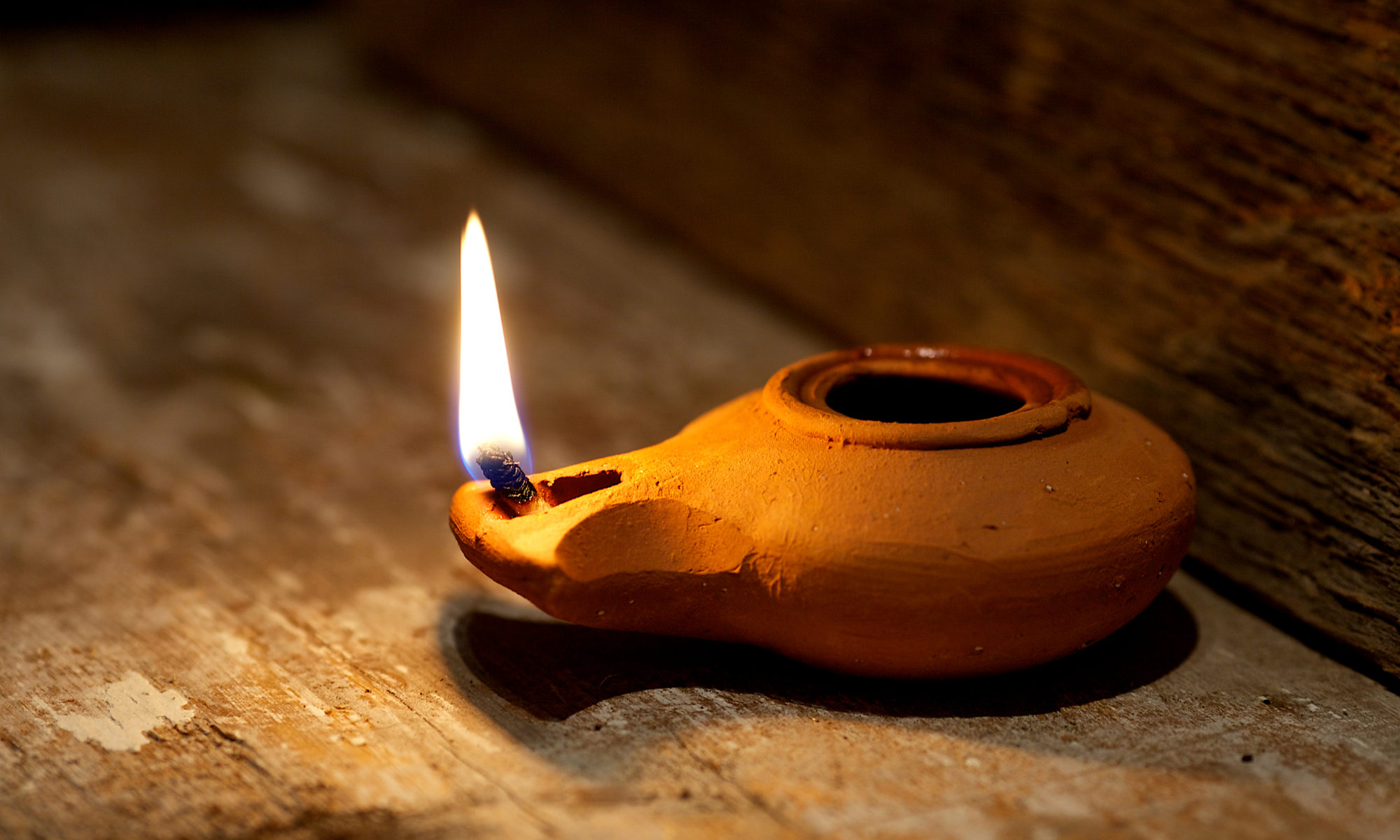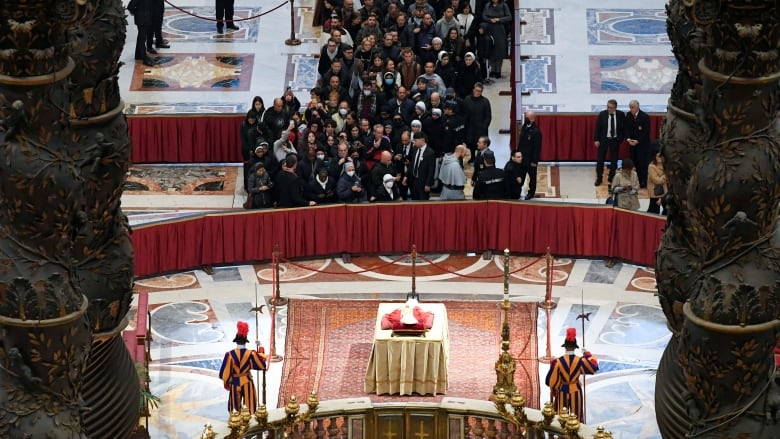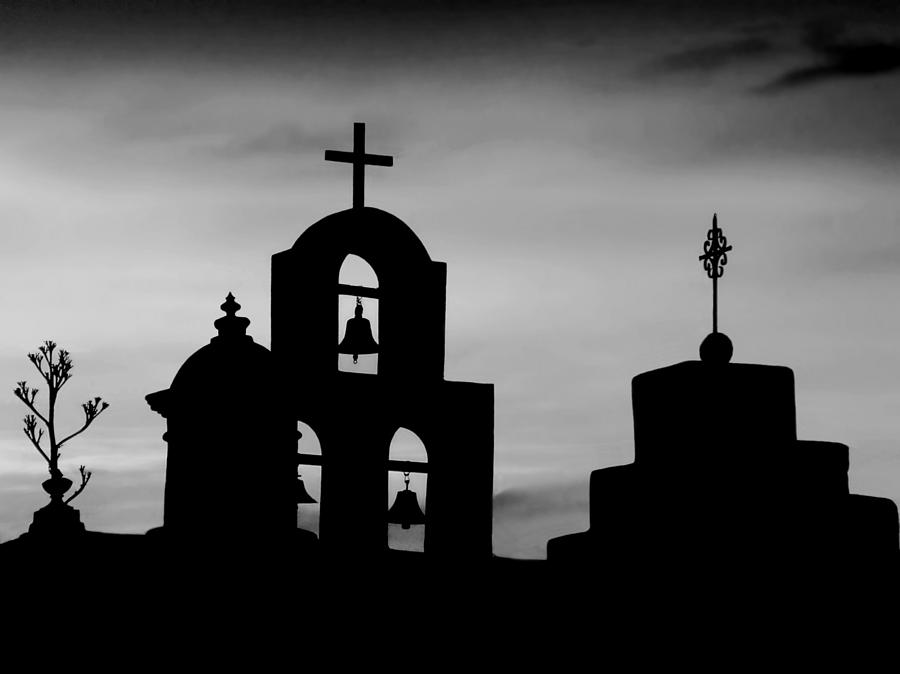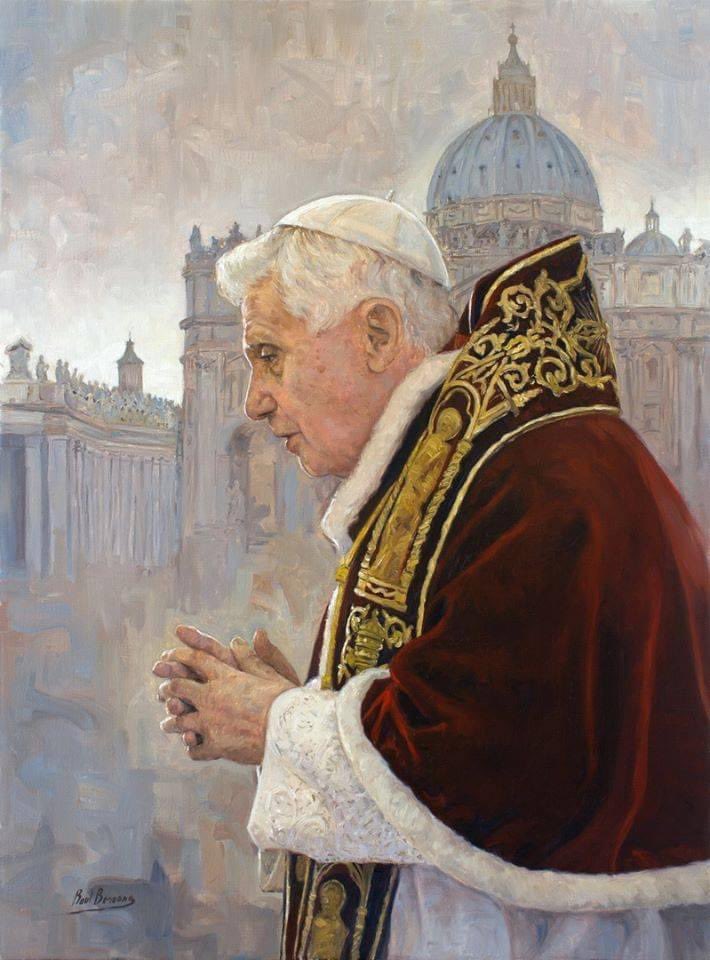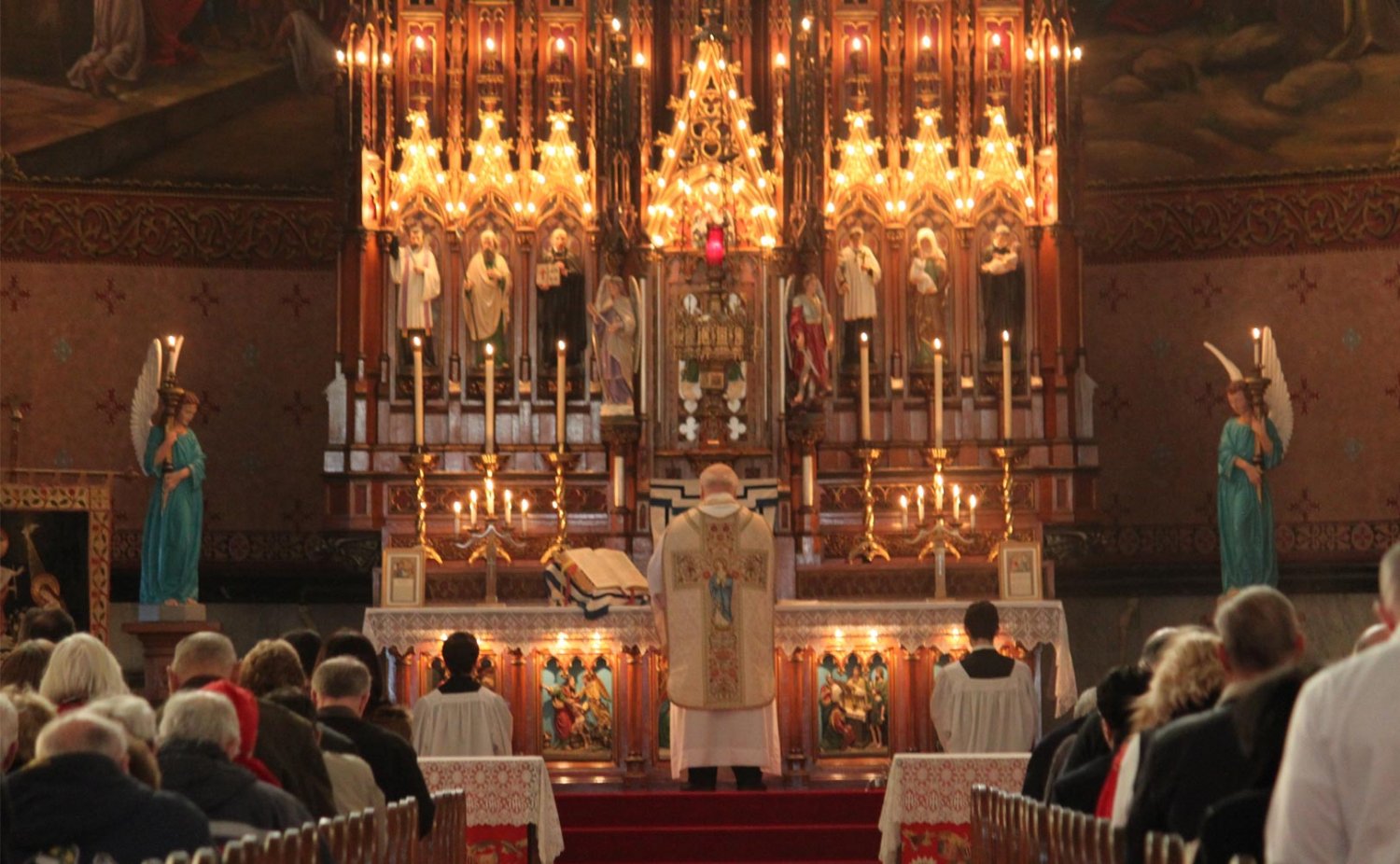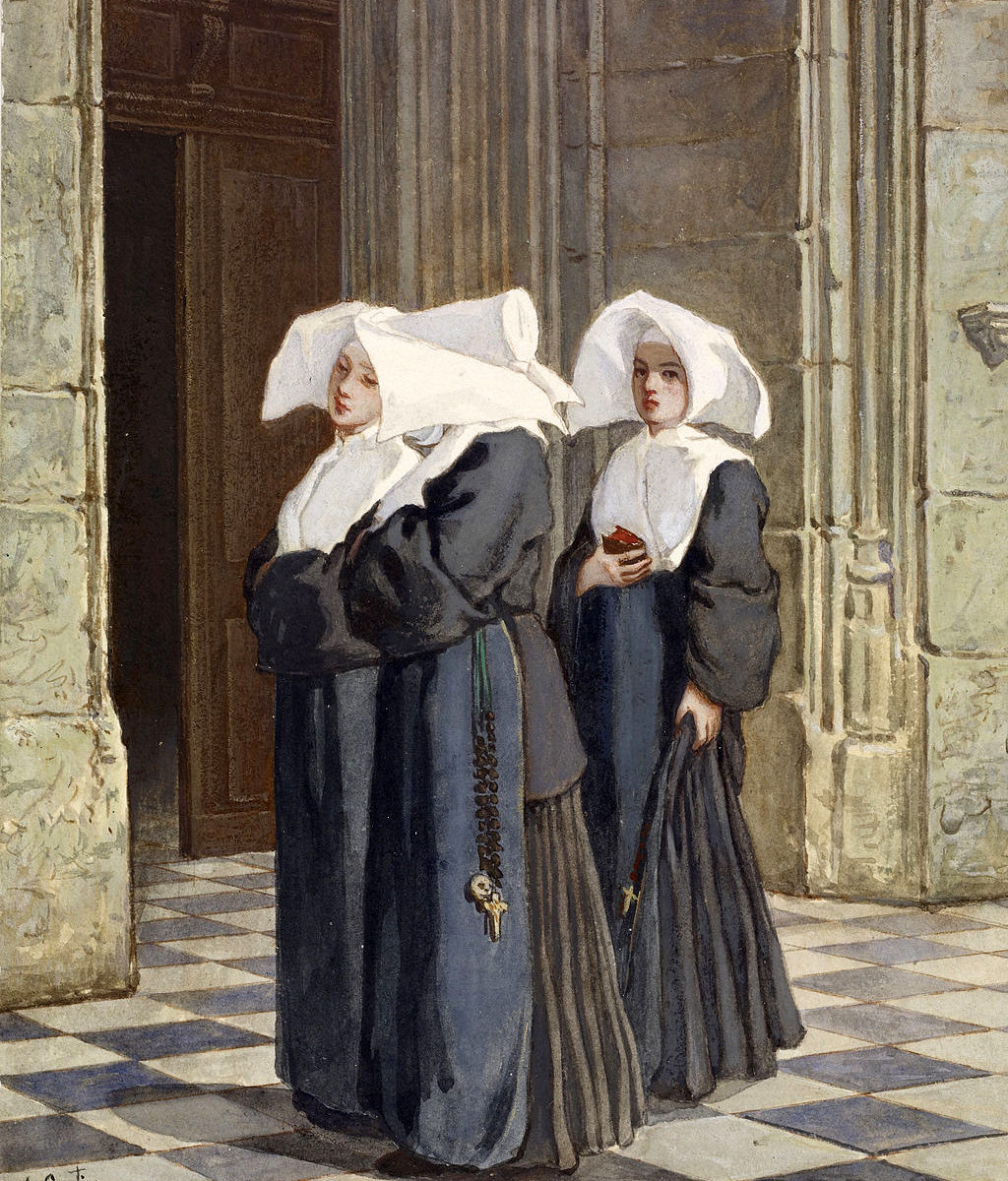Mysterious fog
According to the Yakima Herald-Republic, on January 5, 2023, before and during the funeral of Benedict XVI, an unusual fog covered St. Peter’s Basilica in Rome. See also this video from the Guardian:
Guardian News
International Children’s Advocate lawyer Elizabeth Yore, in an interview with LifeSite News, said,
“On his funeral day, a very rare fog descended from the skies onto St. Peter’s Square. In fact, I’m told that the Italians are still talking about it. This is a sign for all of us to pay attention. Pope Benedict talked, in his [book about the] Jesus infancy narratives, about the holy cloud, the fog, the Shekinah (1)… It’s the sign of the presence of God, the cloud hovering over the tent of meeting.”
- shekhina: SHEKINAH; Hebrew for “dwelling place.” For more information, see: Jewish Encyclopedia
God’s wrath: lightning. God’s presence: cloud.
Whether one takes this event as a random natural phenomenon or a divine revelation is up to each person. However, it can be said that it seems too appropriate to be just a coincidence. For another example of the same kind of thing: on February 11, 2013, the day Benedict XVI resigned, lightning famously struck the dome of St. Peter’s Basilica twice.
In the Bible, lightning is often a symbol of the wrath of God. It reminded me also of John 12:29, where the unbelievers who heard the voice of God said, “It is thunder.”
“The crowd standing by heard it and said that it had thundered. Others said, “An angel has spoken to him.” – John 12:29.
If I had been there and had heard the voice of God, probably I too would not have believed what had happened, and would have said that it was thunder.
“Jesus answered, ‘This voice has come for your sake, not for mine.’ Now is the judgment of this world, now shall the ruler of this world be cast out.” – John 12:30, 31.
Verse 31 states that upon those who are enemies of God, the wrath of God will fall. For the enemies of God, like the ruler of this world, the thunder is a terrible sign. The lightning that struck the dome of St. Peter’s Basilica came only an hour after Benedict XVI had resigned. Perhaps it was a warning from God, designed to strike fear into the hearts of those in the Vatican who connive at corruption.
The “cloud” of God’s presence mentioned in Exodus 40:34 can also be understood as “fog.” It is impossible to know how the people of that time felt about the cloud, since the Bible does not say, but it seems likely that they sensed God’s presence in the cloud above the tabernacle.
Warnings from God
The Bible says that the day and hour of the Last Judgment cannot be known even by Jesus, the Son of God. However, if lightning and fog are an indication that God’s judgment is approaching, we are in serious trouble if we do not immediately repent and make our thoughts and deeds righteous.
If the fog is indeed a sign of God’s presence, then one should not dismiss it as merely a natural phenomenon. I agree with Elizabeth Yore that we should pay attention to the phenomenon. I wonder what became of those (mentioned in John 12:29) who did not believe and said, “It is thunder?” I think it is important for us to be more attentive to God’s message.

